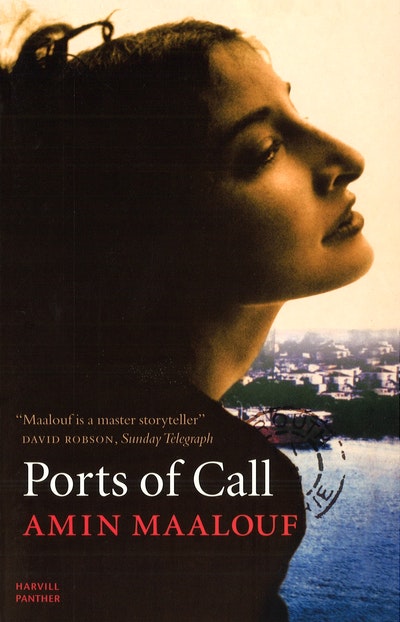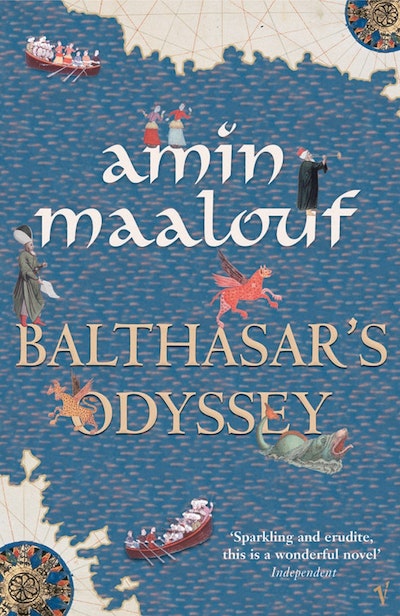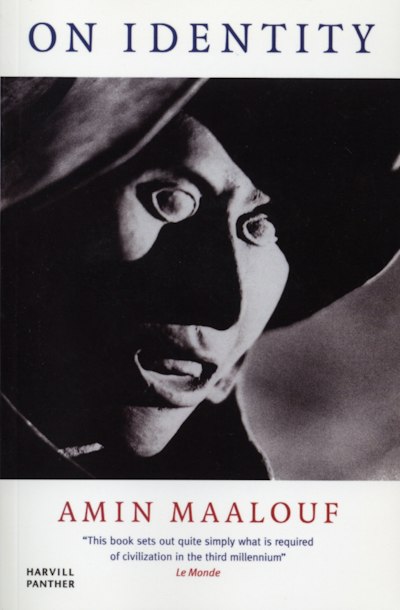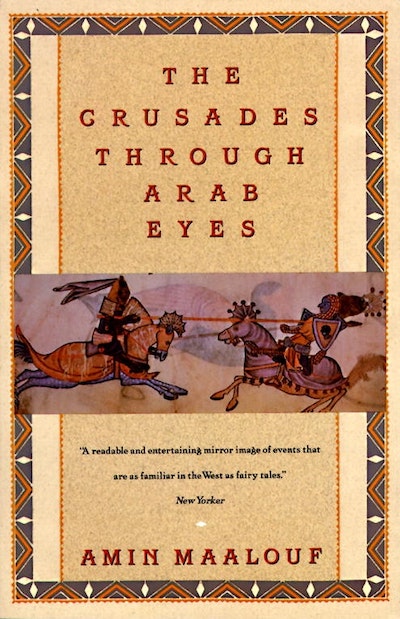[]
Ports Of Call
Buy from…
- Published: 3 May 2001
- ISBN: 9781860468902
- Imprint: Vintage
- Format: Paperback
- Pages: 208
- RRP: $32.99
Maalouf is a master storyteller
David Robinson, Sunday Telegraph
A simple and touching love story...limpid and delicate in the telling
Times Literary Supplement
A beautiful work of fiction
Pierre Robert Leclerco, Le Monde
Maalouf's novels recreate the thrill of childhood reading, that primitive mixture of learning about something unknown or unimagined and forgetting utterly about oneself. His is a voice which Europe cannot afford to ignore
Claire Messud, Guardian



